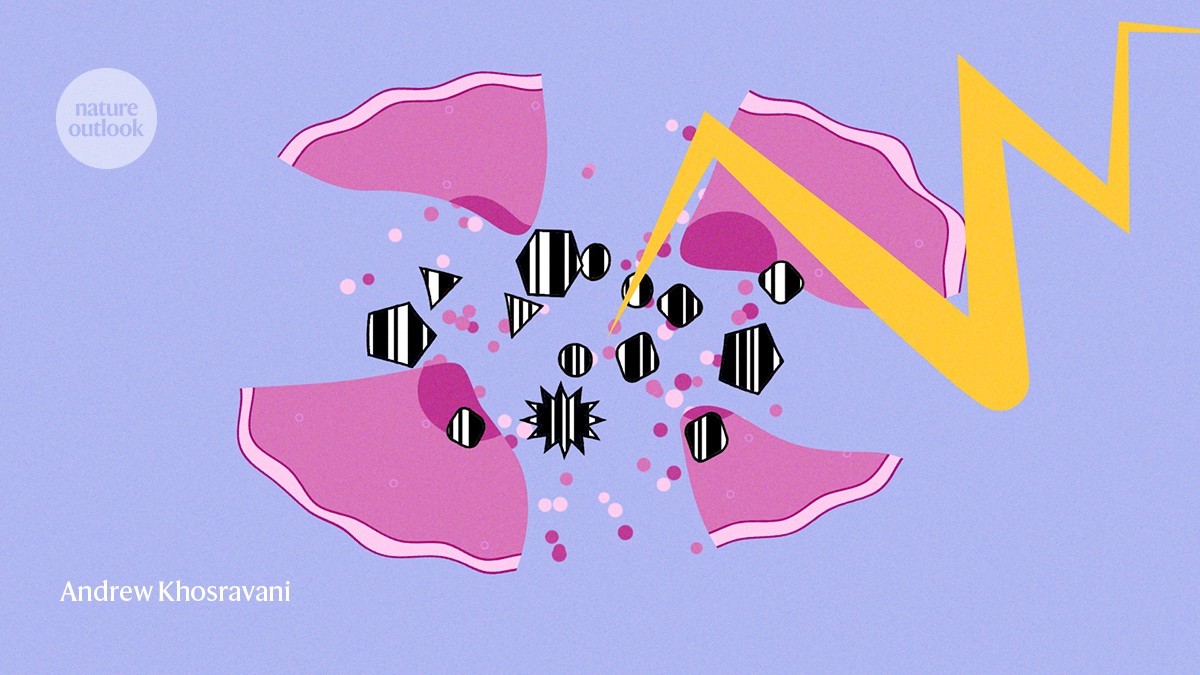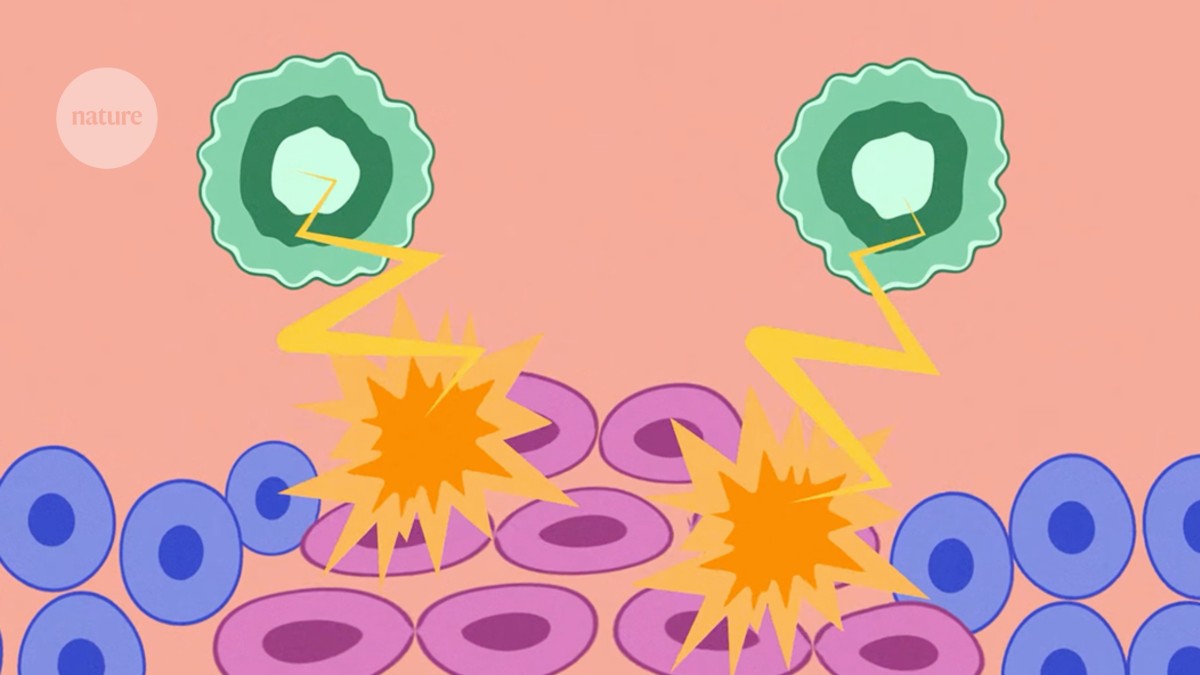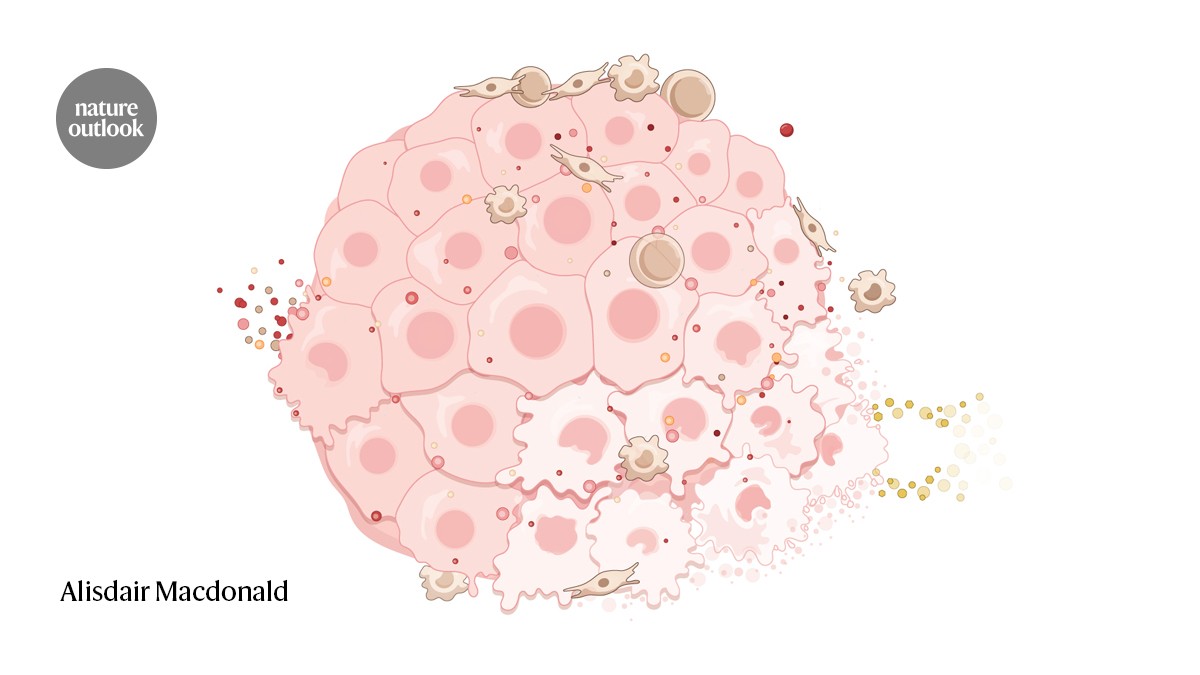- Science Simplified
- Posts
- Science spotlight - cancer vaccines
Science spotlight - cancer vaccines
We’re switching it up a little this week and doing a focused version of This Week in Science that I’m calling Science Spotlight. In these posts, I’ll explain a specific topic and provide links with more info on it. This week’s topic: Cancer Vaccines. What are they? Can you get one? How close are they to the clinic?
The linked articles are a mini-series hosted by one of the leading science publishers, Nature. Check them out for more detail.

When you hear “vaccine”, you probably think of the flu shot. Cancer vaccines essentially have the same goal: protect you from a specific disease, in this case cancer. The big difference is that our typical vaccines protect us before we get an illness. Most cancer vaccines help us fight the cancer after we get it.
They’re a halfway point between a traditional vaccine and a therapy. You’re getting vaccinated against your own tumor.
Much like a normal vaccine, cancer vaccines are based on identifying something unusual about the cancer and training your immune system to detect and fight it. Once they know what to look for, our immune cells are actually quite good at getting rid of cancer.
Here’s a video explaining exactly that:
And here’s a more in-depth article talking more about the specific techniques being developed to generate cancer vaccines.
There’s currently trials for pancreatic cancer, melanoma, and lymphoma. They seem to be going well, with all reporting some positive outcomes (aka reduced death or recurrence). Expect to see cancer vaccines start popping up as regular cancer therapies in the next 10-20 years.
Another type of cancer vaccine hides in plain sight: the HPV vaccine. Some viruses can cause cancer. HPV is one of them. Its vaccine helps prevent HPV, therefore reducing the risk of cancer.
The HPV vaccine protects from the “Human Papillomavirus” which causes at least 6 types of cancer. The HPV vaccine is typically administered to children, but can be given to adults if you were insufficiently vaccinated as a kid.
Apparently the age limit for the HPV vaccine used to be 26, but they extended it to 45 last year. Read more here if you want to see if you’re eligible.
Read more:
See you next week for more science,
Neil


If you liked this post and want to keep getting cool science delivered to you, sign up for free:



Reply